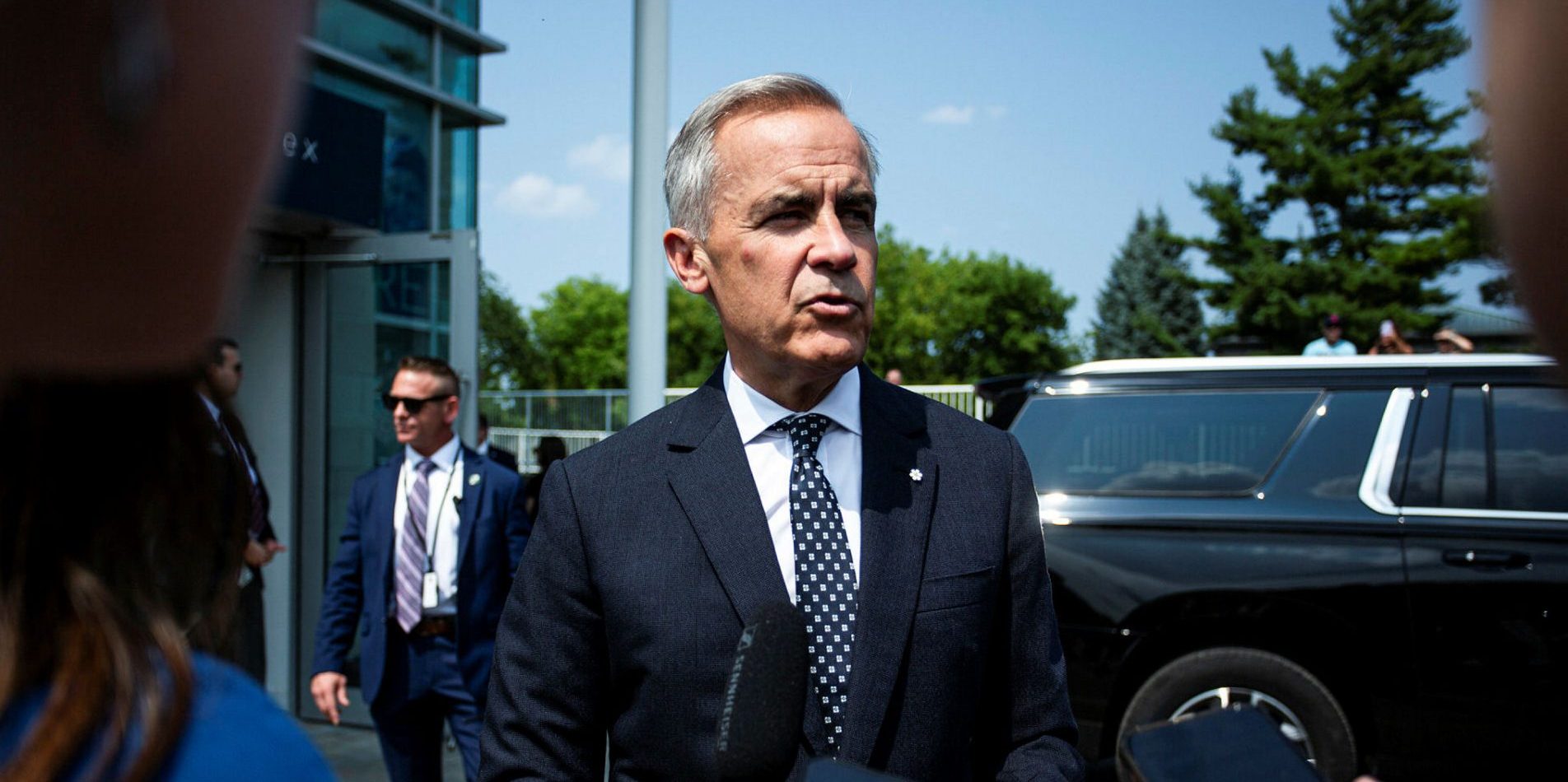Mark Carney and a call for meaningful reconciliation

Later this week, we will mark the fourth annual National Day for Truth and Reconciliation, and this December we will mark 10 years since the Final Report of the Truth and Reconciliation Commission of Canada. We need to recognize the long-lasting impacts of the Indian Residential School System, but we also need to recognize that Indigenous Peoples are sovereign, and that questions of self-governance, economic prosperity, and rights to our traditional territories are central to how we govern ourselves alongside the Canadian nation-state.
Prime Minister Mark Carney has already demonstrated his approach towards Indigenous reconciliation, leaving much to be desired. He is a more strategic parliamentarian than his predecessor, as seen through some of his early legislative accomplishments. In his first month in office, Carney introduced the controversial Bill C-5, or the Building Canada Act, and expedited this through Parliament without giving Indigenous Peoples the opportunity to voice their concerns or to propose legislative amendments. After the act received royal assent, the federal government convened a First Nations Major Projects Summit to engage in “meaningful consultation” regarding the new Major Federal Projects Office developed through Bill C-5. Of course, this summit was largely one-sided. The legislation was already in effect. Reconciliation is more than merely investing in projects and infrastructure that might have trickle-down benefits for Indigenous Peoples. Reconciliation is ensuring that our rights to meaningfully consult are truly respected, which means inviting us to the table prior to passing legislation that directly impacts our nations and our future.
Sovereignty and nationalism have been at the forefront of Carney’s early tenure as prime minister, partially stemming from Alberta separatism and threats of American annexation. One result has been the clear and definitive assertion of Canadian sovereignty, which becomes complicated when considering the conflicting interpretations of sovereignty that are maintained by Indigenous Peoples. In response to the national and international rhetoric regarding Canada’s place in the world, the Prime Minister’s Office issued a formal invitation to King Charles III to deliver the government’s Throne Speech in May. In his address, King Charles recognized that the federal government would “discharge its duty to protect Canadians and their sovereign rights,” while reminding federal parliamentarians that they were meeting on the “unceded territory of the Algonquin Anishinaabeg people,” articulating the need for “truth and reconciliation, in both word and deed.”
I doubt that reconciliation will be a priority for the prime minister during the new legislative session. We have seen a more centrist vision for the Liberal Party that offers some contrasts with the government of Justin Trudeau, despite much of the caucus and cabinet being the same people. Several pieces of legislation that were highly consequential to Indigenous Peoples were being considered prior to the dissolution of the 44th Canadian Parliament this past March, and it will be interesting to see which of these—if any—are reintroduced by the government.
In November 2024, for example, five months prior to Carney’s swearing in, then-minister of Crown-Indigenous relations, Gary Anandasangaree, and David Chartrand, president of the Manitoba Métis Federation, signed the Red River Métis Self-Government Recognition and Implementation Treaty. This was the first modern treaty signed between Canada and a Métis nation. This treaty was multi-faceted and included provisions for the advancement of Métis self-governance. Sec. 119, though, states that its ratification is conditional upon the federal government passing legislation to officially implement the terms of the treaty. Bill C-53 from the 44th Parliament would have served as such legislation, but it did not receive royal assent prior to dissolution.
We have seen that Carney is willing and able to rush legislation through the House of Commons and the Senate when it meets his needs. True reconciliation means advancing the legislative priorities of Indigenous Peoples, as well, and recognizing that we are equally sovereign.
As we mark this National Day for Truth and Reconciliation, and as we approach the 10th anniversary of the Final Report of the Truth and Reconciliation Commission of Canada, we will watch the prime minister and hope for real change, instead of platitudes or empty words.
Cody Groat is a Kanyen’kehaka citizen and a band member of Six Nations of the Grand River. He is an assistant professor in the Department of History and the Indigenous Studies Program at Western University.
The Hill Times





 LICENSING
LICENSING PODCAST
PODCAST ALERTS
ALERTS


